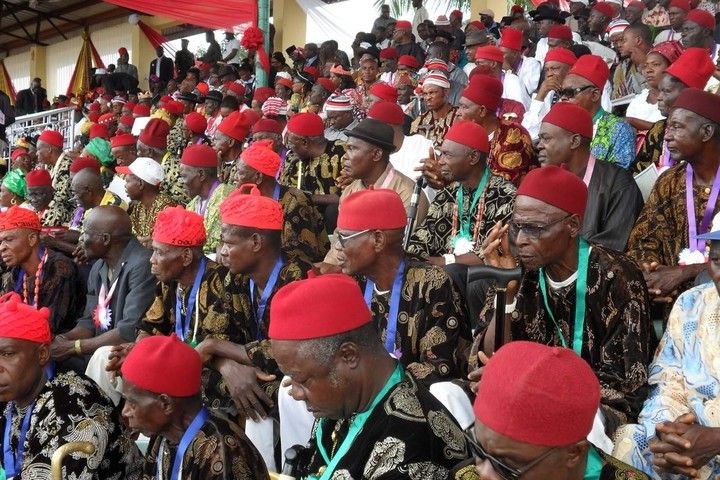The lack of stiffer penalties for perpetrators of online violence has been identified as a major factor in the rise of technology-enabled gender-based violence (GBV).
This was a position canvassed at the 2022 Digital Rights & Inclusion Forum (DRIF22), an annual event organised by Paradigm Initiative held in Lagos. The summit was titled: ‘Towards a Digitally Inclusive and Rights-Respecting Africa’.
The panel session was hosted by TechHer with the theme: ‘Towards a Digitally Inclusive and Rights-Respecting Africa’, and featured panellists – Aisha Salaudeen, multimedia journalist; Nana Nwachukwu, lawyer and women’s rights advocate; and Gbenga Sesan, executive director of Paradigm Initiative. Amina Salaudeen, TechHer’s programme officer, moderated the session.
Speaking at the session, Nwachukwu said people who perpetrate tech-facilitated GBV should face harsher punishment to serve as a deterrent to would-be offenders.
Advertisement
“Actions should have consequences. It is crucial to stop rationalising the habits of people who have character flaws directly linked to online violence,” Nwachukwu said.
She said robust policies need to be put in place to tackle online violence, adding that reporting lines for online harassment are “frustratingly ambiguous”.
“Some platforms have reporting mechanisms, but there’s not enough awareness or even proper classification of certain forms of online violence,” she said.
Advertisement
“Even with sex workers, there are more and more instances of simulated violent acts perpetrated against women in porn and within games that the public plays, which has driven a vile culture of abuse online.
“There are no protocols in place to stem online violence. Law enforcement officers have actively participated in proliferating revenge porn instead of protecting the rights of survivors & victors whose rights have been infringed upon,” she added.
Also speaking, Sesan said: “If the laws protecting digital rights are strong enough, people will respect them whether they believe in legalese or not. That’s the power of consequence.”
“We must speak up to protect all women, not just those related to us. Platforms need to do better. It’s simple. We also need to be able to push back and hold them accountable whenever we report deviant behaviour online,” he said.
Advertisement
“So, there are three levels, platforms, government and community, which need to be alert and have conversations around protecting digital rights. We need to see a proper process (like the DSA in Europe) implemented and go through parliament to secure protection of digital rights for citizens.”
Sesan called on the national assembly to expedite legislative action on the pending Digital Rights and Protection Bill, noting that the proposed legislation has been revised in line with current realities.
“We’ve updated the Digital Rights and Protection Bill to ensure that all stakeholders, including the government, are at the table with their inputs. COVID-19 has forced almost all stakeholders to understand digital issues and dynamics more,” he said.
Salaudeen said women’s voices on digital platforms will be silenced unless perpetrators of violent actions are brought to justice.
Advertisement
“Let justice be served against perpetrators appropriately across the nation and within digital spaces. Social media has encouraged so many trolls and people behind their keyboards. One often has to admit such people are far gone, even though it doesn’t feel good,” she said.
“It’s crucial to put out information around women’s rights and protections. It’s also just as important to ensure that some of these online trolls understand that there are massive consequences for their misconduct against women online.”
Advertisement
Add a comment






